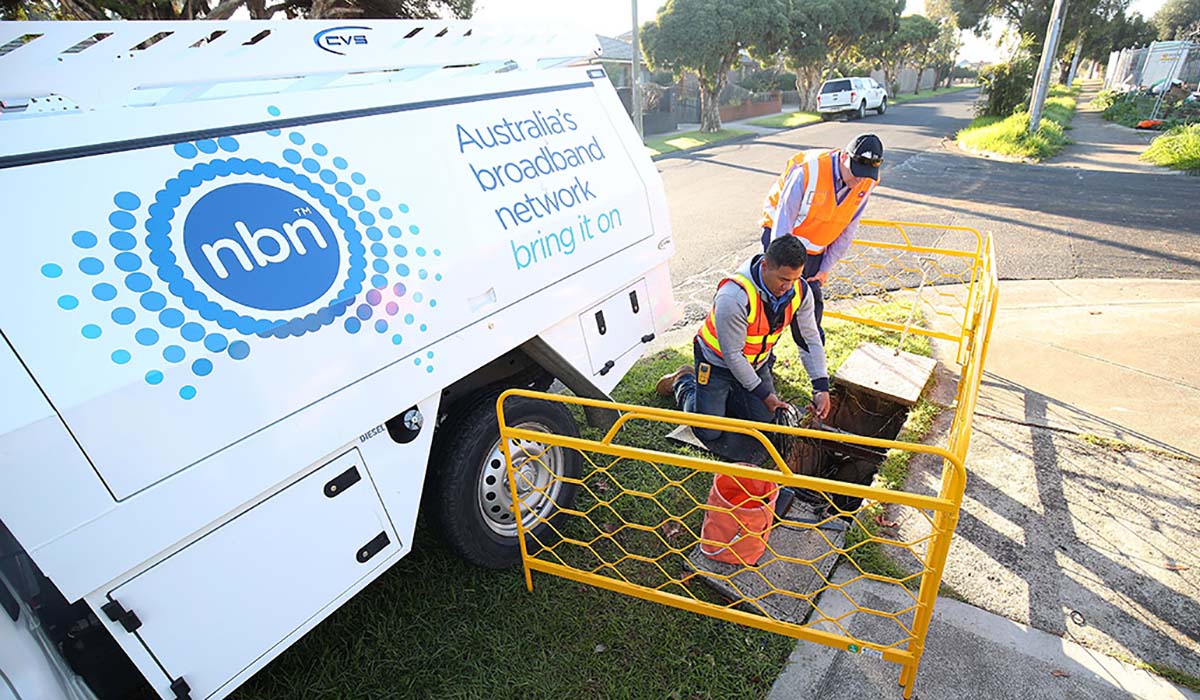The National Broadband Network will establish a new business unit focused on improving the connectivity of regional Australia. Announced by Communications Minister Paul Fletcher today, the new unit will cover the fixed wireless and satellite networks, and will deal with customer issues in regional areas.
As part of this regional focus, the new business unit will include expanded community and stakeholder engagement capabilities, ensuring that customer expectations are understood across different segments of the community and business sectors in regional Australia.
Why the change? The move helps address a key recommendation from last year that responsibility for improving NBN Co’s regional and remote assets be brought directly under an NBN Co senior executive’s oversight. The new business unit will be run by Gavin Williams – former executive GM of products – who will in turn report directly to NBN Co CEO Stephen Rue.
The second reason for the move given was that it would ensure regional customers remain front and centre as the NBN network build nears completion.
The reality is the restructure could be very helpful for NBN Co’s privatisation in future, even if that’s not a stated goal. How so? Well, it’s widely accepted that the fixed wireless and satellite networks will never really be profitable, making their future reliance on public funds almost certain.
The remainder of the network – serving primarily build up areas – is likely to be far more profitable (and thus lucrative) for the private sector, and so separating the loss-making parts of the business out makes good sense.
The sad part of this story is also two-fold – not only will the loss-making parts remain subsidised by the government (and thus every taxpayer) but they’re likely to remain a substandard, poor cousin to the fixed broadband options available in metropolitan and larger regional areas.





NBNCo have a really simple option: Ring Elon Musk and ask to buy x thousand services on SpaceX Starlink. Remote access problem solved.
SkyMuster satellites can then be sold at a massive loss, but operating costs will be saved.
Following this, the NBN can be split into the 121 separate networks and sold.